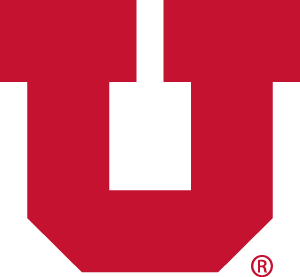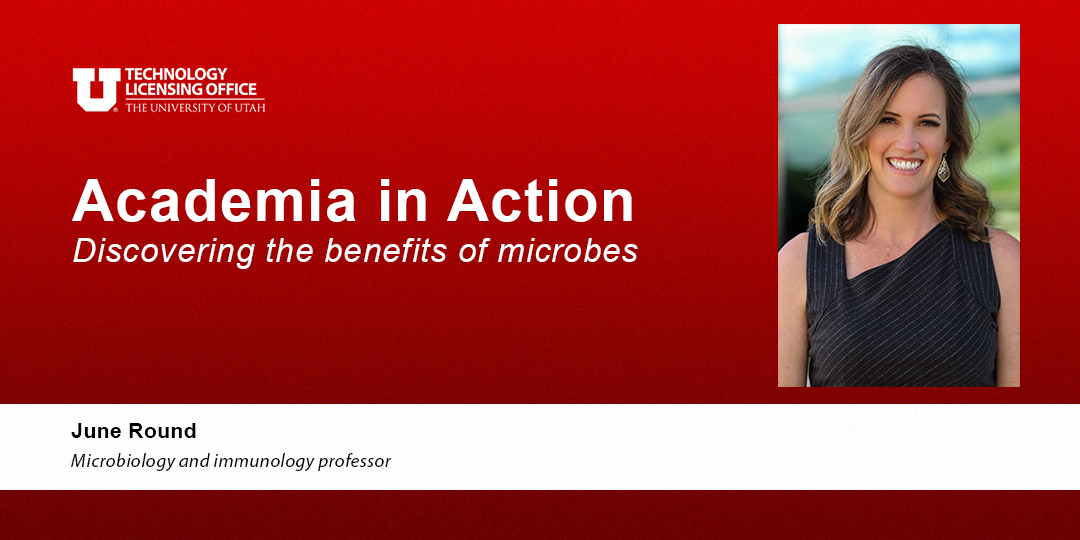June Round, a University of Utah microbiology and immunology professor, is studying how the microbes that cover our bodies impact our health.
“I think a lot of people don't think about how we are just coated in microbes,” Round said. “They live on our skin and in our mouth. The majority of them live in our gastrointestinal tract, and they actually provide a lot of important functions for us even beyond digestion. But a lot of those functions are really unknown.”
During her Ph.D. studies, Round, a trained immunologist, researched how particular immune cells became activated. Her classes and research really ingrained in her the idea that the immune system’s purpose is to recognize foreign objects and then get rid of them. However, toward the end of her Ph.D. program, she had an aha moment when reading some papers on the microbiota, or the microbes that live on your body.
“I kind of always knew about the microbiota, but it didn't really dawn on me until then that we were covered in these microbes,” Round said. “It just made me think, why the heck does our immune system not get rid of these microbes? What are they doing there?”
That aha moment led her to pursue a postdoc in the area before coming to the U as a professor. For the past 13 years, her lab has worked hard to understand the functions of particular microbes and how they impact the body, and now they are hoping to harness those benefits therapeutically. “I'm really at the point where I want to see some of our work move into translational science and into helping people.”
The science is also at the point where it’s understood that microbes in general play an important role in boosting our immune system and helping our bodies prevent cancer, obesity and gastrointestinal issues like inflammatory bowel disease. This understanding has resulted in new treatments like fecal microbiota transplants, an FDA approved treatment for conditions like clostridium difficile infection that involves taking stool from a healthy person and placing it in an unhealthy person.
“The major goal in my lab has been to identify specific microbes that can prevent or be therapeutic for certain diseases, because I think it's more digestible for someone to take a little pill that has a certain bacteria than a fecal microbiota transplant,” Round said.
These microbes present a unique opportunity for treating disease because they are already found on the human body and don’t have potential off target effects like antibiotics that can attack more then just the targeted pathogen.
With the help of the Technology Licensing Office, Round’s research is making its way to the market. Round has disclosed multiple discoveries to TLO and has learned a lot about what makes something patentable or a viable product even when the office chooses not to pursue something.
How does TLO decide what to patent?
“I was really impressed with the group of people at TLO and how quickly they responded to things and how much they understood the scientific part of my research,” she said. “They have been really great at holding my hands through the whole process.”
The office hopes to continue helping U researchers like Round with its faculty first approach to technology licensing at the university. With new resources like the Faculty Guide to Technology Commercialization and the Faculty and Staff Portal, TLO is giving the U community a better understanding of its policies and a clearer look into the office’s processes.
“My advice to anybody who is interested in or even just thinking about patenting something is that they should reach out to TLO and just engage with the group,” Round said.



